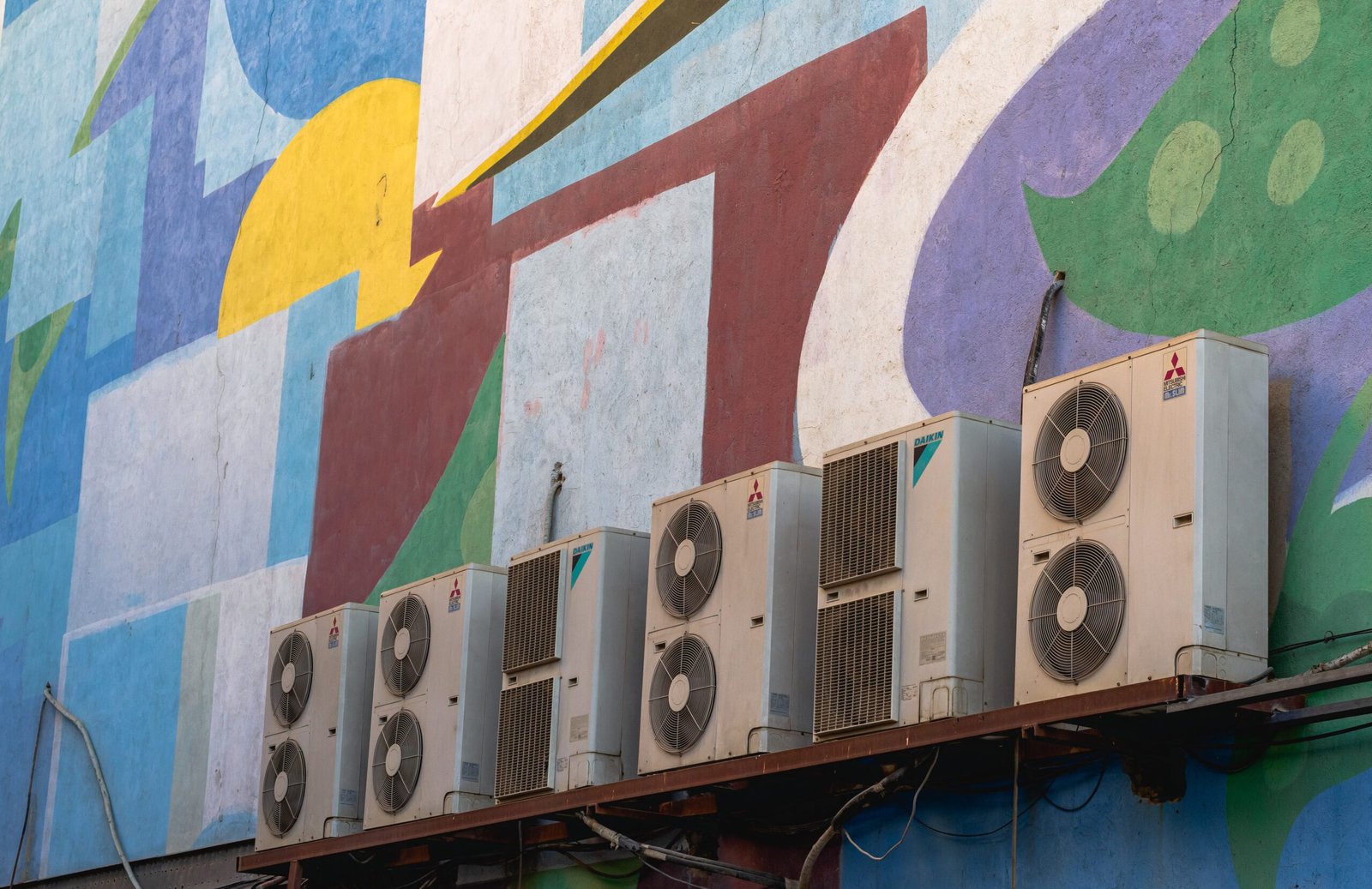
Air conditioning, often known as A/C or AC, is the use of powered “air conditioners” or other methods to change the temperature and humidity of the air inside a building in order to provide a more comfortable interior environment.
Air conditioning is a part of the group of technologies that provide heating, ventilation, and air conditioning (HVAC).
Who invented the air conditioner?
The air conditioner was first invented by Willis Carrier in 1902. Carrier was an engineer who worked for the Buffalo Forge Company.
He invented the air conditioner to solve a problem with humidity in the printing plant where he worked. The air conditioner quickly became popular and Carrier started his own company, Carrier Corporation, to make and sell them.
How does an air conditioner work?
An air conditioner works by cooling the air inside a building and removing humidity. The cooled and dehumidified air is then circulated throughout the building by fans.
Air conditioners can be powered by electricity, gas, or oil.
The evolution of air conditioner technology
The air conditioner has been continually improved since it was first invented. New technologies have been developed to make them more energy efficient and to provide better cooling and dehumidifying performance.
Some of the latest air conditioning technologies include variable speed drives, inverter technology, and high-efficiency particulate arrestance (HEPA) filters.
Further development of the air conditioner
Air conditioners are becoming more and more important as the world becomes increasingly hot and humid. With global warming, the demand for air conditioning is expected to grow even further in the future.
Researchers are currently working on new technologies that will improve the performance of air conditioners and make them even more energy efficient.
Why is air conditioning important?
Air conditioning is an important technology because it helps to make buildings more comfortable and livable in hot weather. It also helps to protect people and equipment from the effects of extreme heat.
Air conditioning is used in a wide variety of applications, including homes, offices, hospitals, schools, and factories.
What are the benefits of air conditioning?
Air conditioning has many benefits, including:
- Reducing the number of sick days taken by employees
- Improving worker productivity
- Preventing the spread of germs and bacteria
- Protecting expensive equipment from damage due to extreme temperatures
- Making it more comfortable for people to live or work in hot weather

What are the different types of air conditioners?
There are three types of air conditioners: window units, central air conditioning, and portable units.
Window units fit into a window opening and are the most common type of air conditioner.
Central air conditioning is installed in the ceiling or walls of a building and circulates cooled and dehumidified air through the building using ducts.
Portable units are small, self-contained air conditioners that can be moved from room to room.
How does air conditioning impact the environment?
Air conditioning has a significant impact on the environment. It uses large amounts of energy and produces large amounts of greenhouse gases.
In fact, air conditioning is the fastest growing source of greenhouse gases in the world. Some experts believe that if air conditioning use continues to grow at its current rate, it will soon exceed the emissions from cars and trucks.
- Read also: The history of the light bulb and how it was invented
- Read also: How was television invented and developed
The future of air conditioners
The air conditioner is likely to continue to be an important technology in the future. New developments in energy-efficient cooling technologies and smart controls will help to make them even more popular and widespread.
Air conditioning is likely to become an even more important part of our lives in the years ahead.
Summary
The air conditioner is a technology that has been continually improved since it was first invented. It is an important technology because it helps to make buildings more comfortable and livable in hot weather.
It also helps to protect people and equipment from the effects of extreme heat. Air conditioning is used in a wide variety of applications, including homes, offices, hospitals, schools, and factories.
It has a significant impact on the environment, using large amounts of energy and producing large amounts of greenhouse gases.
New developments in energy-efficient cooling technologies and smart controls will help to make it even more popular and widespread.
Air conditioning is likely to become an even more important part of our lives in the years ahead.



